#idk how to tag that channel
Explore tagged Tumblr posts
Text
I gotta release my inner northern *barely changes in accent, just says like once*
#/quote#sorry channel#philza#ph1lza#ph1lz4#philza minecraft#mcyt#even though they’re not playing Minecraft#Not sorry channel#idk how to tag that channel
3 notes
·
View notes
Text
realized a drawing i'm doing rn is almost identically posed to one i did 8.5 years ago of a different oc, except the old drawing was instantly tainted by one of the players featured messaging me asking if i could take it down because their abusive, possessive rp partner saw it and got jealous of them "roleplaying behind their back" and i said "nah" and it became a whole Thing that i should have walked away from at that exact moment but didn't and the 6 months that followed contained some of the most truly condensed batshit i have ever witnessed in an rp community already well-known for its batshittery.
... anyway i love my friends. so happy to accidentally redeem the pose.
#idk if ill ever open up completely about that shitshow but#i think 8 years is past the statute of limitations to vaguepost about it#late tag addition but man now i'm thinking about it all at 4am#how did in the good goddamn did i witness that and still not only let them make me an officer#but also let them put me functionally in charge of their guild IC#while those two fucked off and erped in instanced zones or played overwatch#and i and my then-rp-partner took the heat for the meandering plotline#until my partner vented to the wrong person about the abuse#and it got back to them#and we got to experience the surreality of an honest to god guild coup#all to salvage the image of some egomaniac abuser#certified fucking wra moment#its been 8 years and thinking about how i was treated in the end makes me feel sick lol#they made a new guild discord and invited everyone but us#and when i noticed the channel had gone quiet i asked what was up#and was met with gaslighting about how i'm 'thinking too much' about the channel being a 'little slow'#and it took pushing to get an early admission of what was about to happen#so we logged on and quit ourselves#which fucked up the narrative they had constructed#and they lied in the new channel that WE were the ones doing a 'coup' and that we stole the members who left with us#i guess i am opening up after all#i had to play the fucking villain of that scenario for the past 8 years#all to protect the mental health of people who hurt me#why#if you were there and know what i'm referencing with all of this... there's the fucking story#the person in question is a massively popular artist#i just dont have it in me to fight that fight
75 notes
·
View notes
Text






if you’re wondering who the Koharu part of “koharumatingpress” is, it is of course a 15 year old female character from Nexon’s notorious gacha Blue Archive.


20k+ morons on this “antifeminist discord”, your “leader” writes shit like this and names himself after a sex act with a teenage slot machine character, the other “new mens solidarity” leader dresses up like another cartoon character, the joker, and none of them start these groups to help or better themselves they just constantly attack women, often violently. they want to start a “blitzkrieg” because laws are being made against deepfake sexual exploitation. Korean women get the word out online about the (again often violent) rampant misogyny in South Korea, they campaign tirelessly for laws against deepfakes, they set up and attend protests both online and offline, they boycott misogynistic companies, they form groups to better handle situations, they take the time to constantly post updates in both Korean and English regarding news there, and so much more. and this is the male reaction.
#south korea#Korean feminism#Misogyny#korean incel#Far right#idk how to search for this post…I’ll add the discord name cuz I’m not writing that username as a tag lol#Antifeminist discord channel coalition#Nexon
36 notes
·
View notes
Text

I got horny while studying lasso tool 😔
#can't post the whole thing here#but it think man tiddies are okay#lets see lol#please tumblr don't ban me i already lost twittee#i mean idk how this things work here#but a friend once called tumblr the cristian channel social media so yeah#anyways tags!#akagami no shanks#one piece#shanks#red haired shanks#op shanks
48 notes
·
View notes
Text









The Red Thread
x
#red#the red thread#penguinz0#wendigoon#moist critikal#mine#jackson#my stim gifs#stimboard#podcast#cryptid#stim#conspiracy#the official channel#aka the only podcast i really listen to#idk how to tag this lol#black#charlie white#charles white
32 notes
·
View notes
Text
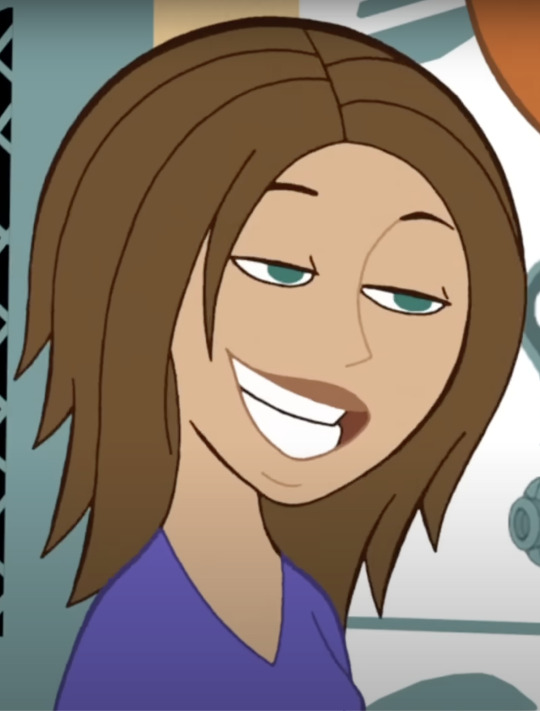
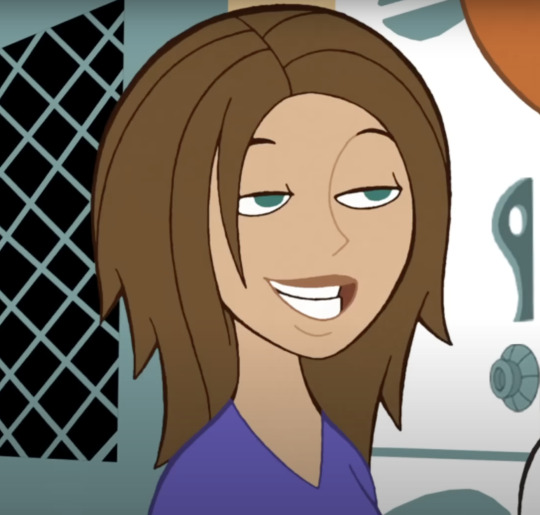
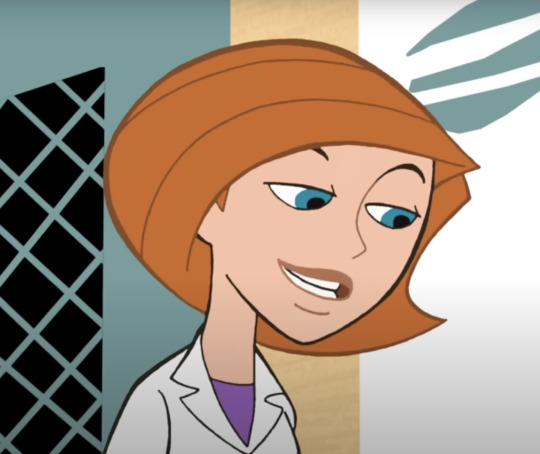
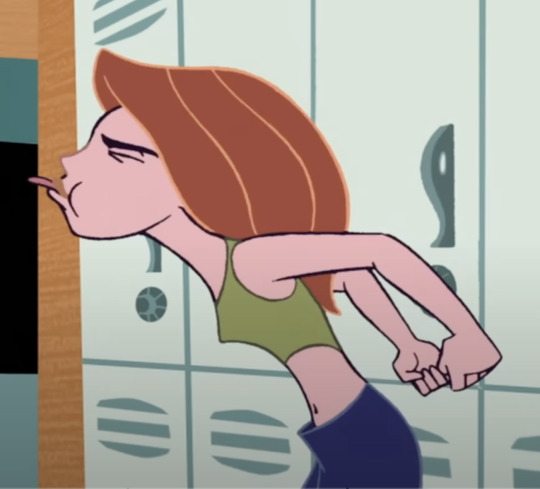
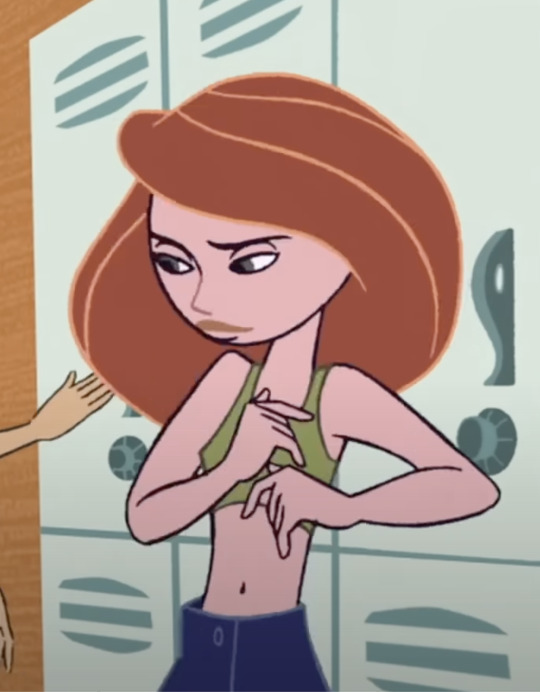
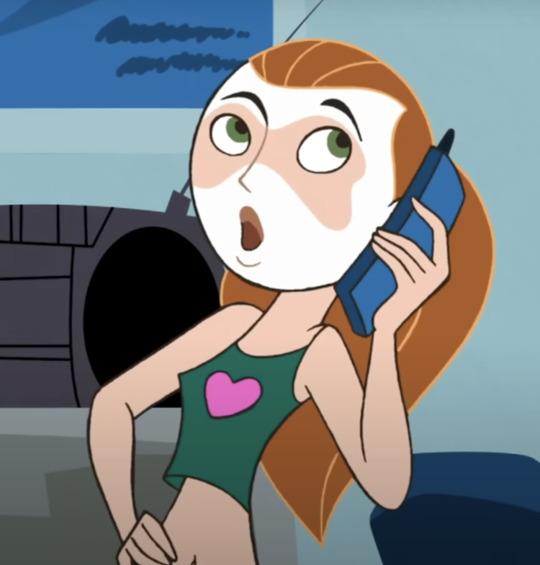
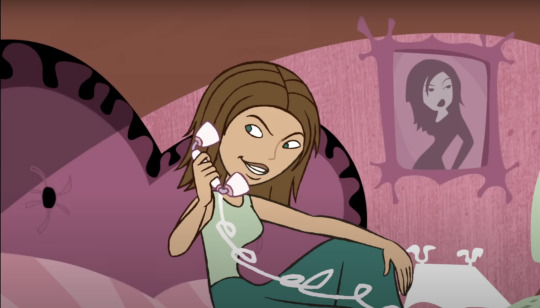
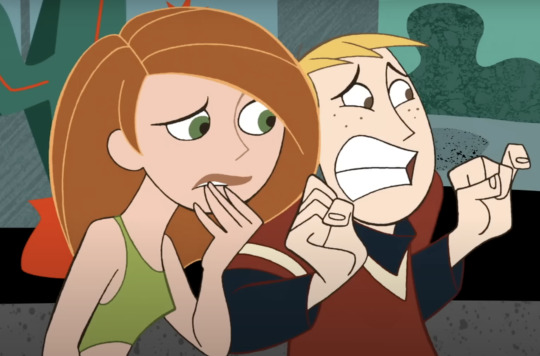
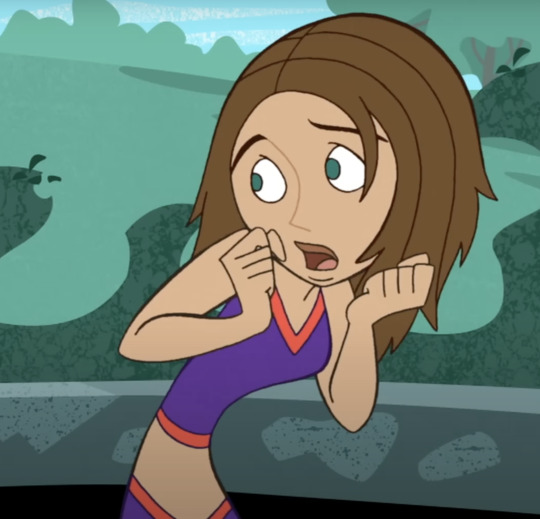
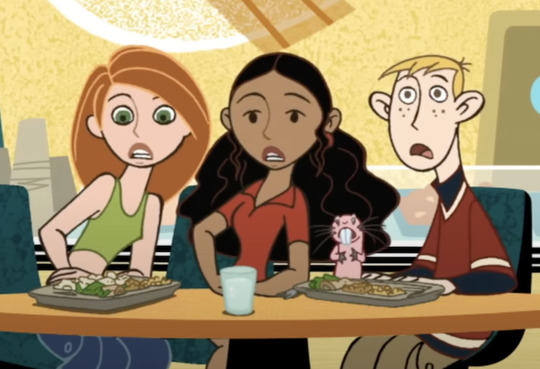
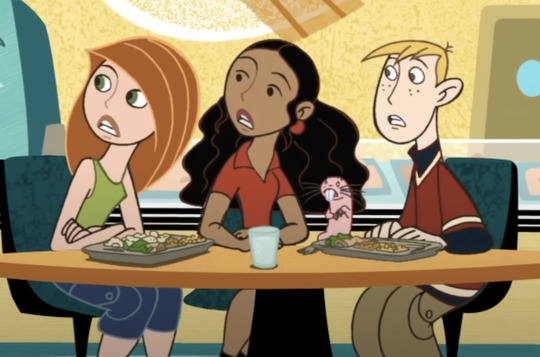
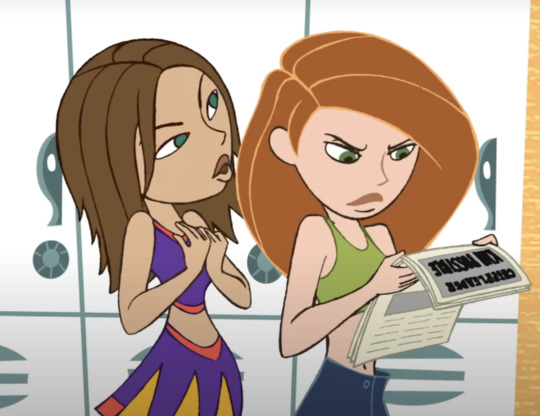
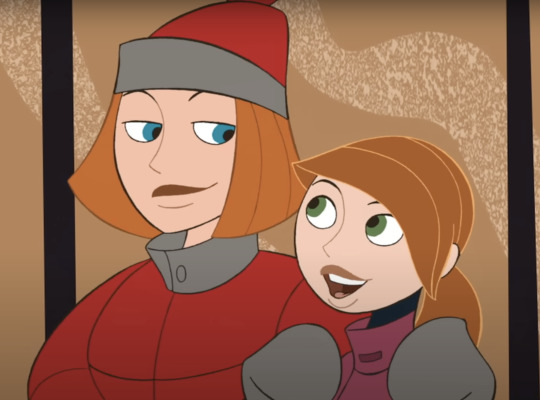
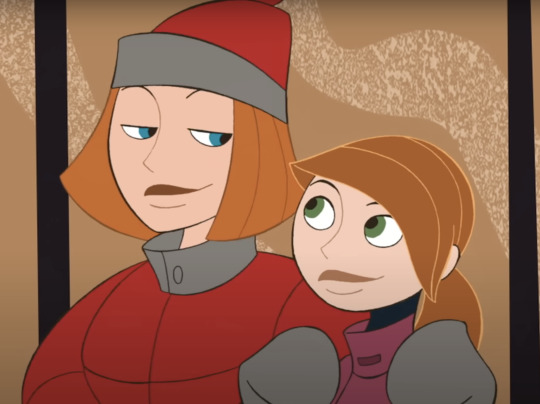
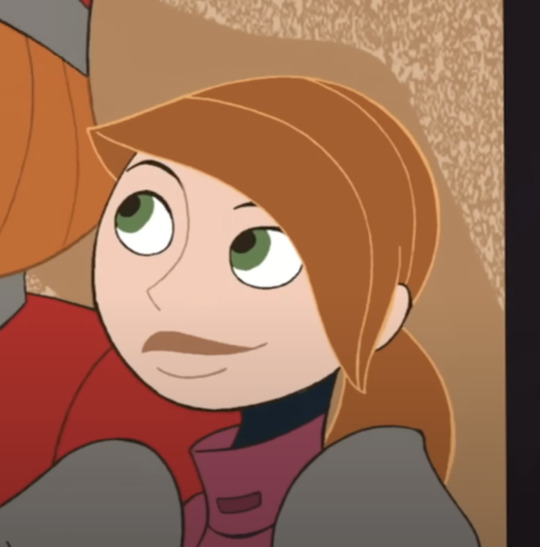
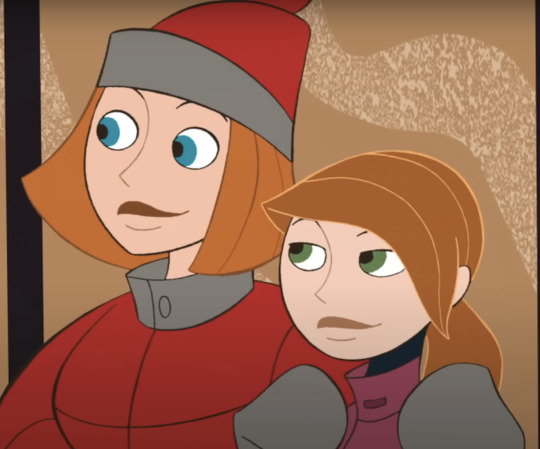
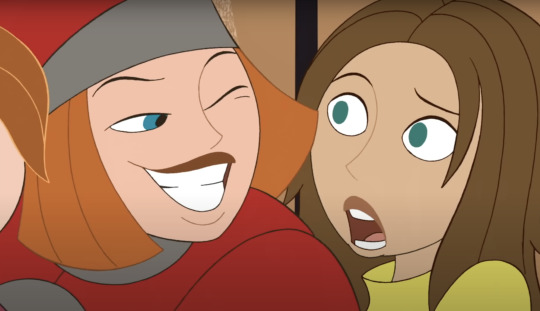
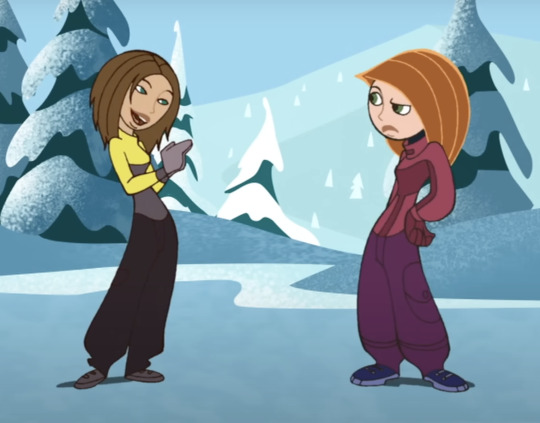
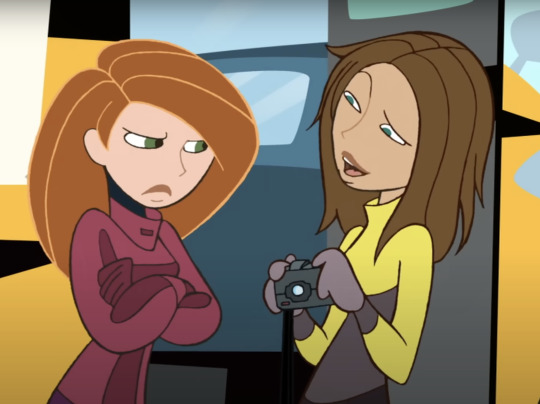
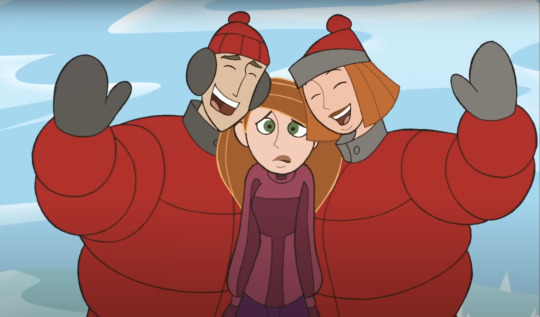
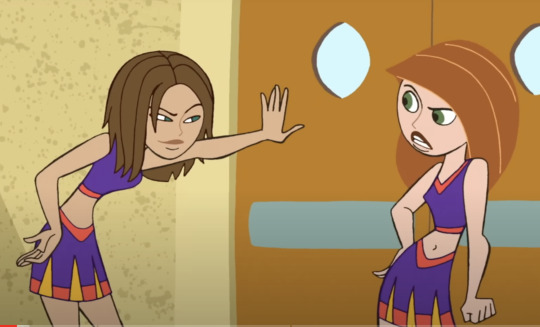
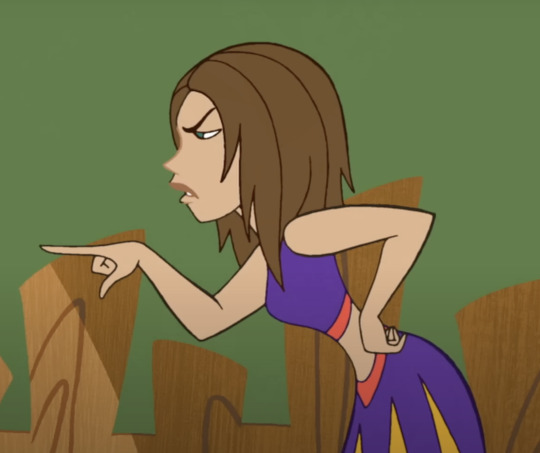
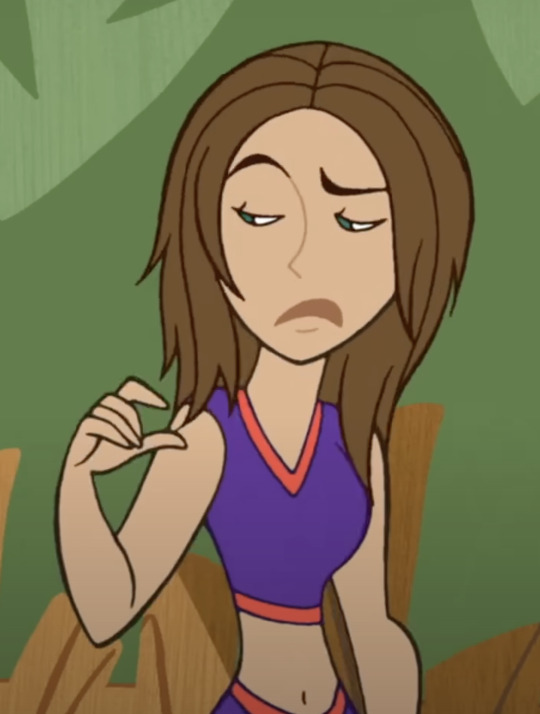
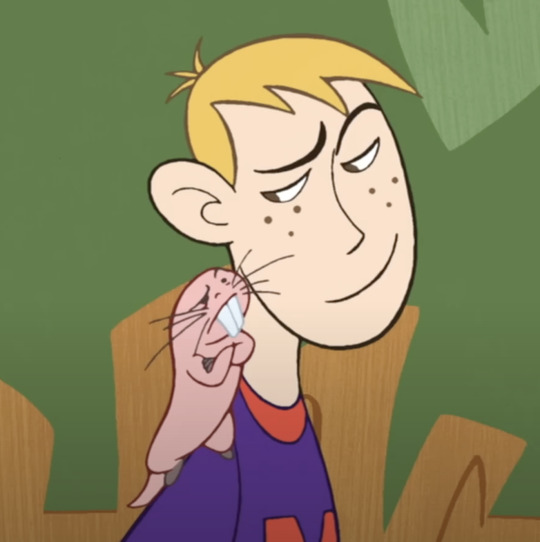
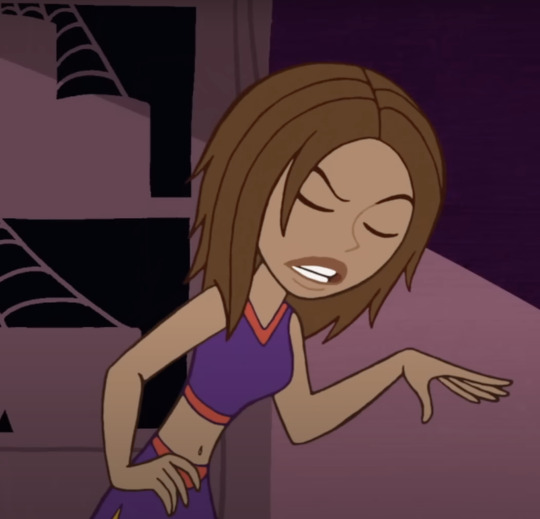
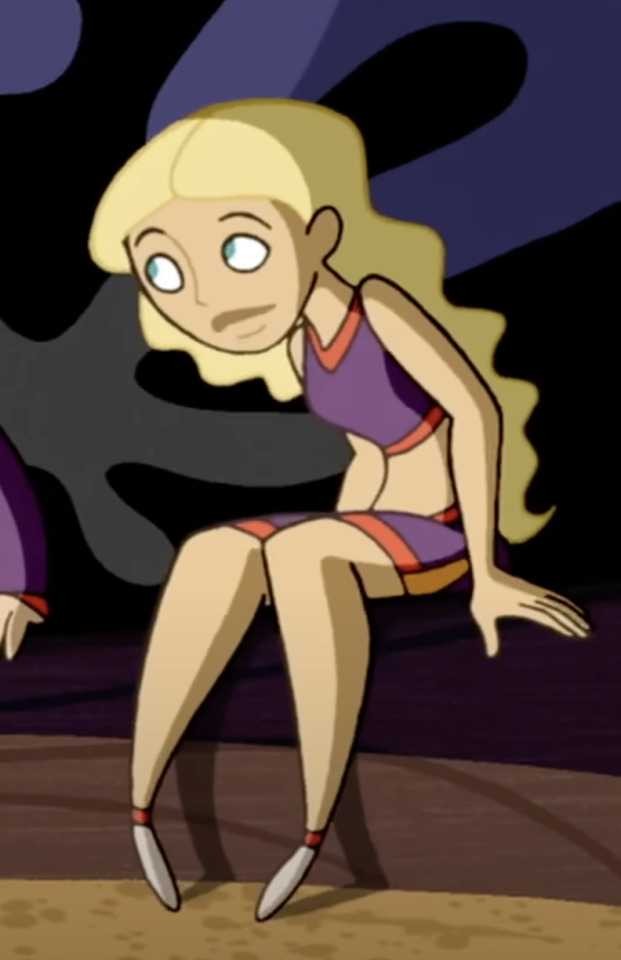
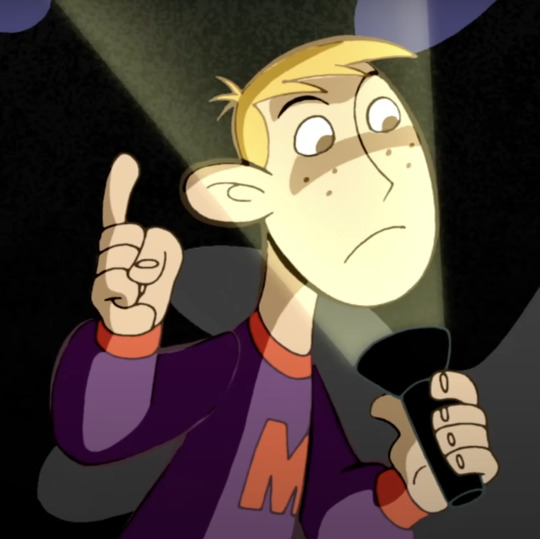
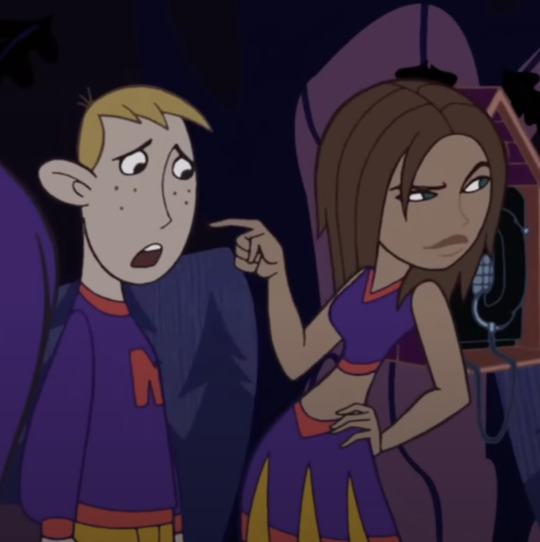
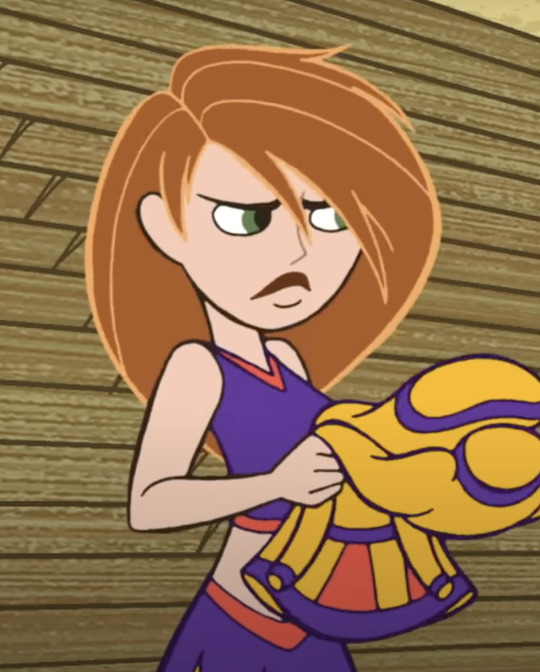
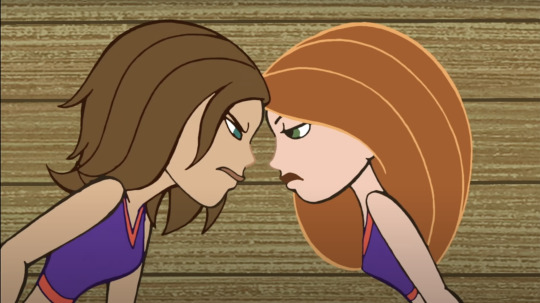
Here's a collection of screenshots I took while watching a Kim Possible compilation on YouTube. I figured some people might find them funny or wanna use them for profile pictures lol
enjoy <3
1/5 (I think) posts cause I took a lot of screenshots 😭
#kim possible#ron stoppable#bonnie rockwaller#call me beep me#disney channel#tara kim possible#tara#what's the sitch#pfp icons#pfp#early 2000s#2000s nostalgia#icons#profile picture#profile pictures#idk what else to tag#idk man#idk how to tag this#I just be taking stuff#nostalgia#2000s#2000s aesthetic#2000s cartoons#y2k
100 notes
·
View notes
Text
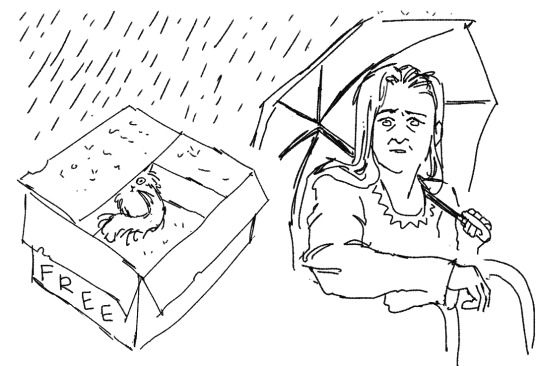
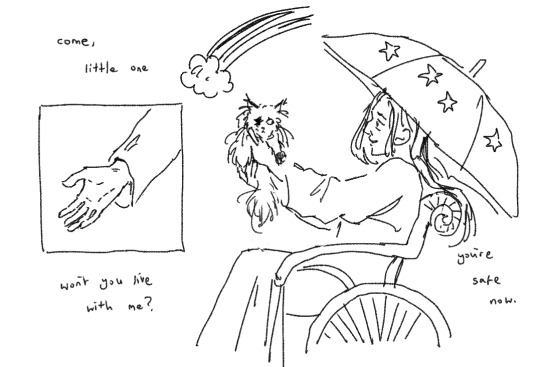


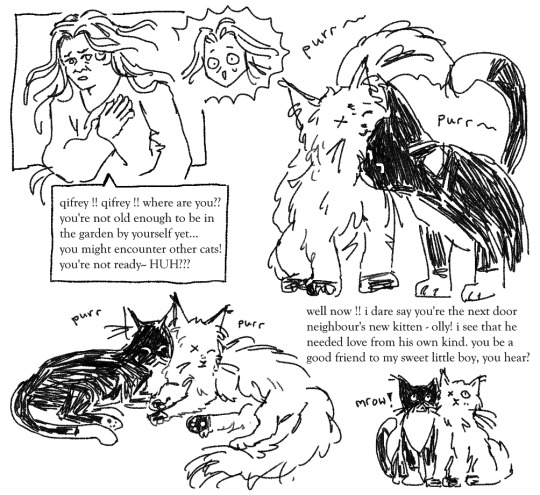
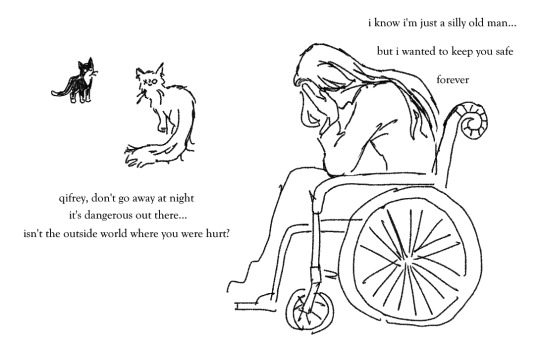


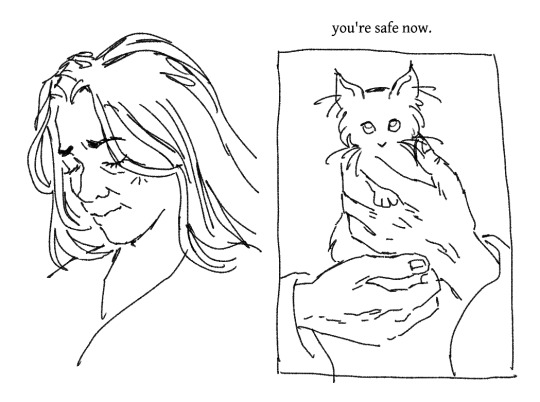
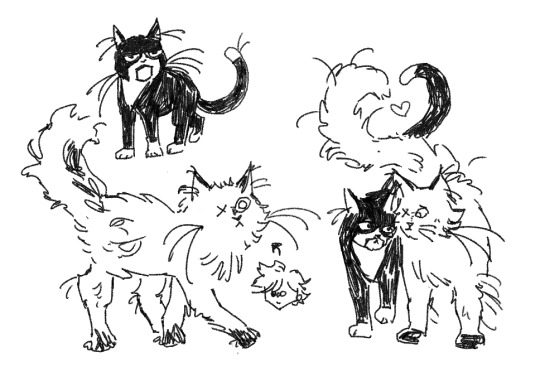
sillay kitty comic (cw animal abandonment ?? but it's fine.)
#witch hat tag#orufrey#for 'creature' whatober.. ermm i wouldnt have done this otherwise.. i bunch up drawings when the quality is low..idk how to draw cats.....#don't doubt that olly has a traumatic backstory too or it's not them. obviously he was rescued in the snow but not everyone made it..etc..😭#cats have poor memories. it's fine. they're fine. my cat was a rescue kitten and looked exactly like qifrey does at the beginning of this#i channelled the emotions from when i picked that tiny fluffy man up and he fell asleep in my hands.#i might delete this later since it's. Very silly and scrabbly#you know at first i was annoyed when i saw someone call beru-sama old. i was like HES NOT OLD !!!!!!!!!!!! but now i'm becoming one of them#if i choose to see qifrey as 30 now then he found him like. 23 years ago...he's probably literally just like. 50s. please
94 notes
·
View notes
Note
new casey podcast have you seen it
https://m.youtube.com/watch?si=ye8wNfrvaPDjtpDV&v=IuwZN6aP8sg&feature=youtu.be
(link to the podcast) yeah I did, cheers!
there's not that much 'new information' per se within this podcast, though there's a bunch of nice tidbits about teenage casey. what stood out to me is how the framing of his journey to becoming a racer is... well, it's kinda new? it's not exactly surprising, because you could get a lot of this stuff from reading between the lines in his autobiography. the question of 'is this your dream or your parents' dream' is a very common one with athletes, and it's often a thin line... but, y'know, this podcast interview in particular is quite a noticeable shift in how casey himself talks about this issue. it's a shift in how he portrays his 'dream' of becoming a professional rider back when he was formulating his autobiography, versus how he's answering questions in this episode. his autobiography isn't free from criticism of his parents - but casey is always stressing his own desire to race. so you do get stuff like this (from the autobiography):
At this point things were getting serious. Dad used to say, 'If you want to become World Champion you can't be that much better than local competition,' holding his finger and thumb an inch apart. 'You have to be this much better,' he'd say, holding his arms wide open. Dad confirms this feeling still today: 'I know it's a harsh way to look at things but that's the difference between a champion and the rest. Just look at the careers of Dani Pedrosa and Jorge Lorenzo. Dani had Alberto Puig and Jorge had his old man, both of them hard as nails. If you want to make it to the top I think it takes somebody with an unforgiving view on life to help get you there. So I said those things to Casey, particularly when we went to the UK, because to keep moving up a level he couldn't just be happy with winning a race. If he wasn't winning by a margin that represented his maximum performance then he wasn't showing people how much better he was than the rest.' There's no denying that Dani, Jorge and I became successful with that kind of upbringing and sometimes you probably do need it. As far as I'm concerned Alberto was nowhere near as tough on Dani as my dad was on me or Jorge's dad was on him. That kind of intensity and expectation puts a lot of extra pressure on a father-son relationship that isn't always healthy. We definitely had our moments and there were a few major blow-ups to come. But at the time, rightly or wrongly, it was proving to be a good system for us and I was eager to continue impressing my dad and others with my performances on the track.
(quick reminder, jorge's review of his father's style of parenting was describing him as "a kind of hitler")
but in general the emphasis is very much on how much casey enjoyed racing, on how single-minded casey was when it came to racing. he might have been isolated by his racing (again this is from the autobiography, in the context of discussing being bullied by kids in school until he got 'protection' from his dirt track friends):
School life was a whole lot better after that but I still hated it. All my real friends were from dirt-track; they were the only people I had anything in common with.
and he's talked about how other parents misinterpreted his shyness as him not actually wanting to race, which meant they were judging casey's parents as a result (autobiography):
Mum tells me that the other parents thought she and Dad were awful because I cried as I lined up on the start line. She remembers: 'I was putting his gloves on his hands and pushing his helmet over his head. The thing was, I knew Casey wasn't crying because he didn't want to ride or because he was scared. He just didn't like the attention of being stared at by all these people!'
but like. overall racing for him was still something he portrayed as a very positive aspect of his childhood. something he always clung onto, something that was his choice to pursue
so... let's play compare and contrast with some specific passages of the autobiography and this podcast, you decide for yourself. take this from his autobiography:
After I started winning more times than not, and it was obvious my passion for bikes wasn't wavering, Mum and Dad decided that seeking out sponsors could be a great idea to help offset some of the costs of travelling to meets and keeping the bikes in good order.
and here, in a longer excerpt about what a sickly child casey was, what his mother said (autobiography):
'They tested him for cystic fibrosis and he was on all kinds of medication; you name it, he was on it. But Casey still raced, we couldn't stop him.' I know I was sick but Mum was right, I wasn't going to let that stop me.
versus this from the podcast, when he's responding to a completely open question about how he got into riding:
To be honest, I don't know if I was allowed to have any other attraction to be honest. I think it was, you know, you're going to be a bike rider from when I was a very very young age - and I'm not the only one to think that. I think my parents have stated that enough times to certain people and you know I was sort of pushed in that direction. My elder sister who's six and a half years older than me, she actually raced a little bit of dirt bikes and dirt track before I was born and when I was very young, so it was sort of a natural progression to go and do a little bit more of that and I think because at the time road racing was a lot more similar to dirt track. That was our sort of way in.
this was one of the very first questions in the interview, it basically just consisted of asking casey how he got into biking in the first place - whether it had come through his family or whatever. casey chose to take the response in that direction... it's not an answer that is just about his own internal passion, how he loved riding the second he touched a bike, how he loved it throughout his childhood etc etc (which is how it's framed in the autobiography) - but instead he says he wasn't allowed to do anything else. he says that he was pushed in that direction, that his parents have openly said as much to others. that he feels vindicated in the belief he was never given another choice
let's play another round. here from the autobiography:
Mum and Dad used to stand at the side for hours on end watching me practise at different tracks. They'd sometimes clock laps with a stopwatch as I went round and round. Other parents couldn't see the point in taking it so seriously but they didn't realise it was what I wanted. I was having fun. Working out how to go faster was how I got my kicks and I couldn't stop until I had taken a tenth or two of a second off my best time on any day. If another kid came out onto the track with me I would be all over them, practising passing them in different ways and in different corners, but most of the time they avoided riding with me and I would be out there on my own, racing the clock.
and this (autobiography):
I enjoyed racing so much that even when I was at home riding on my own I would set up different track configurations to challenge myself. I'd find myself a rock here, a tree there, a gatepost over there and maybe move a branch and that would be my track.
versus here, in the podcast:
Q: And did you realise at the time that you were - not groomed, is not the word but well you were being groomed to be a professional motorcycle racer, or obviously that was your only one reference point, that was the norm. Did that just feel the norm or did you think actually this feels a bit intense or how did you feel about it? A: I think it's hard, it's not until I sort of reached my mid teens where I started to have a bit of a reality check on what I was actually doing. Before then, you know I was competitive. I'm not as competitive as people think, I'm a lot more competitive internally rather than externally versus other people. I always challenge myself to things, so all those younger years was just getting the job done that I was expected to do. I enjoyed winning, I loved it, but you know I enjoyed perfect laps, perfect races, as close as I could get to that and you know from a young age I always sort of challenged myself constantly to be better. So I didn't just win races, I tried to win them - you know, if I won races by five seconds in a [...] race I'd try and win, you know I'd try and get to double that by the end of the day if I could. So you know that always kept me sharp and it stopped me from being sort of, you know, complacent in the position I was at. And it wasn't until sort of you know 16, 17, 18 that reality kicked in. I'd had a couple years road racing in the UK and Spain, been rather successful and then you get to world championships and you know maybe an engineer that was sort of - didn't have your best interests at hear. And, you know, I nearly finished my career right there after my first year of world championships just because of the reality of how hard it was in comparison to everything else I'd experienced up to that point. And, you know, it was a real reality check for me and I think it was then that I started to - you know consider everything around me and consider how and why I got to the position that I was in and that's when the mind started to change a little bit and realise that you know I really was being groomed my whole life just to sort of be here and be put on a track and try and win. And, you know, that was my seemingly most of my existence.
in all the excerpts, he stresses how much he enjoys his perfect laps, how much he enjoys riding, how there is genuine passion there, how dedicated he is to this pursuit... but then in the podcast, he's adding something else - how he'd been groomed his whole life into that role of 'professional bike racer'. that it was only in his late teens (when he was in 125cc/250cc) where he had this moment of 'man I never really had a choice in all this'
and another round. here's him talking in the autobiography about how all the money he got through racing went back into racing - but it was fine because it was the only thing he cared about anyway:
I don't remember seeing any of the money I earned because it all went back into my racing, although I guess at the time that's all I really cared about anyway. I didn't know anything else. Mum and Dad always said to me: 'If you put in the effort, we'll put in the effort.'
and here in the autobiography on how he just wanted to ride all day:
I couldn't ride my bike all day, though, as much as I would have liked to.
and him talking in the autobiography about his parents encouraging him and his sister to 'chase their dreams':
Mum and Dad encouraged both Kelly and me to follow our passions and work hard to chase our dreams. That might sound strange when you are talking about a seven-year-old but I don't think you are never too young to know that if you want something you have to earn it.
versus this in the podcast:
Q: And I've never asked you this before, but did you want to? A: Um... I think I'd been convinced of a dream I suppose. You know, yes I loved riding bikes and you know I really did enjoy racing... but there was lots of other things that I - I really enjoyed as well but just never had the opportunity or never was allowed to do anything else, so... You know, motorbikes for our budget everything fortunately dirt track was probably the cheapest way that you could go motorbike racing. You could survive on very very little in dirt track and show your potential in other ways. You know, yes, having good bikes and good tyres and all that sort of thing made a difference but it wasn't the be all end all, you could always make a difference in other ways, so... I think it was, you know - the best thing we could have done, racing through that. Like I said I enjoyed it, it wasn't until late teens, early 20s where I sort of was like, I don't know if I would have been a bike racer had I actually had a choice.
was riding really all he cared about? or were there other things he was interested in, things he just never had the opportunity to pursue? things he wasn't allowed to pursue? from the autobiography, you get the sense that his parents always deliberately portrayed it as casey's dream, something he was expected to work hard for in order to be allowed to fulfil. in the podcast, casey says it was a dream he was 'convinced' of. without wanting to speak too much on the specifics of this parenting relationship we only have limited knowledge of, this kinda does all sound like athlete parent 101: getting it into their kids' heads that this is the dream of the child, not the parent, before holding it over them when they fail to perform when their parents have invested so so much in their child's success. casey's family was financially completely dependent on his racing results when they moved to the uk - he was fourteen at the time. he was painfully conscious of his parents' 'sacrifice' to make 'his dream' possible. can you imagine what kind of pressure that must be for a teenager?
to be clear, this isn't supposed to be a gotcha, I'm not trying to uncover contradictions between what casey said back then and what he's saying now. obviously, this is all very... thorny, complicated stuff, and casey has had to figure out for himself how he feels about it, how he feels about how his parents approached his upbringing. but it is worth pointing out that this isn't necessarily just a question of his feelings changing over time - if the internal timeline he provides in the podcast is correct, he was really having that realisation in his late teens, early 20s, so on the verge of joining the premier class. that is when he says he had the thought "I don't know if I would have been a bike racer had I actually had a choice"... which is a pretty major admission, you have to say, especially given how rough those premier class years often ended up being on him. but then that realisation would have already come years and years before he wrote his autobiography, it would've been something he carried with him for most of his career. given that, you do look at his autobiography and think that he did make the decision to frame things pretty differently back then, that he decided to exclude certain things from his narrative. if this really is already something that's been festering within him for years, if he does feel like he wants to be a bit more open about all of that now than back then... well, hopefully it shows he's been able to work through all of it a bit more in the intervening years
(this is somehow an even thornier topic than his relationship with parents, but relatedly there is a bit of a discrepancy between how bullish he is in his autobiography about how mentally unaffected he was by his results, versus how he's since opened up since then about his anxiety. again, I want to stress, this is not a gotcha, he's under no obligation to share this stuff with the world - especially given the amount of discourse during his career about his supposed 'mental weakness'. it is still important in understanding him, though, how he consciously decided to tell his own story in the autobiography and how he's somewhat changed his approach in the subsequent years)
this is the rest of his answer to that podcast question I relayed above:
But at the same time you know I felt that no matter what I would have done, I sort of have a - my mentality of self-punishment, you know, of never being good enough that always drove me to try and be better and any single thing that I did, I didn't like it when I wasn't not perfect. I don't believe in the word perfect but I really didn't enjoy when I wasn't, you know, in my own terms considered a good enough level at anything I did so I would always sort of try to get up as high as I could regardless of what for.
at which point hodgson says exactly what I was thinking and goes 'god what a line' about the "mentality of self-punishment" thing. it is one hell of a line!
what's really interesting about this podcast is how these two big themes of 'this wasn't my choice' and 'self-punishment' end up kinda being linked together when casey talks about how the motogp world reacted to him... so again I'm gonna quickly toss in a bit from the autobiography (where he's talking about casual motorcycling events he went to as a kid), because it does read similarly in how for him the joy and competitive aspects of riding are closely linked:
It was a competition but it wasn't highly competitive; it was just for fun, really. Of course, I didn't see it that way, though, and I had dirt and stones flying everywhere. I don't think anyone expected the park to be shredded like it was. When I was on my bike, if I wasn't competing to my maximum level then I wasn't having as much fun.
and back to the podcast:
And also because people truly didn't understand me, that I'm not there just to enjoy the racing. As we're explaining, before that, you know it was sort of a road paved for me... And so the results were all important, not the enjoyment of it. And then you cop the flak for everything you do. I'm also very self-punishing, so it was kind of a - just a lose lose lose and it was all very very heavy on myself, so... It, you know, it took me till my later years to realise I could take the pressure off myself a little bit and go look you've done all the work you've done everything you can, you got to be proud of what you've done, so... Not necessarily go out there and enjoy it, because I don't believe you should just be going out in a sport where you're paid as much as we are expect to get results and just - you know - oh I'm just going to go and have fun it's like... yeah, nah, if you're just going to go and have fun then you're not putting in the work. And that's when we see inconsistencies etc. So I was very very harsh on myself and so even when I won races, if I made mistakes or I wasn't happy with the way I rode, well then yeah I'm happy I won but there's work to do. There was more to get out of myself and so that's where I copped a lot of bad... um, let's say bad press because of those kind of things and then they sort of attack you even more because they didn't like the fact that you didn't celebrate these wins like they wanted you to they expect you to I suppose treat every victory like almost a championship and you know it's not that I expected these wins but I expected more of myself and therefore maybe I didn't celebrate them as much as you know other people do.
kind of brings together a lot of different things, doesn't it? this whole profession was a path that was chosen for him... which he links here to how the results were 'all important' for him, how it just couldn't ever be about enjoyment. he always punished himself for his mistakes, he was under constant pressure, which also affected how he communicated with the outside world... he was so committed to self-flagellation that he made it tough for himself to actually celebrate his victories, which in turn wasn't appreciated by the fans or the press. so on the one hand, casey's obviously still not particularly thrilled about how much of a hard time he was given over his particular approach to being a rider. but on the other hand, he's also describing how all of this can be traced back to how becoming a rider was never actually his 'choice'. he's detailed his perfectionism before, including in his autobiography, including in discussing his anxiety disorder more recently - but this is explicitly establishing that link between the pressure he'd felt during his childhood to how he'd been pushed into this direction to how he then had to perform. he couldn't afford to be anything less than perfect, so he wasn't, and at times he made his own life even tougher as a result of his own exacting standards. this just wasn't stuff he's said in such straightforward, explicit terms before... and now he is
my general thing with casey is that his reputation as a straight shooter or whatever means people aren't really paying enough attention to how he's telling his own story. like, I kinda feel the perception is 'oh he used to be more closed off because the media ragged on him but since retirement he's been able to tell it like it really is' or whatever. and I'm not saying that's necessarily wrong, but it's not quite as simple as that. because he's not a natural at dealing with the media, he's put a fair bit of thought into how to communicate better with them (which he does also say in the podcast), and he's explicitly acknowledged this is something he looked to valentino for in order to learn how to better handle. because casey has felt misunderstood for quite a long time, he's quite invested in selling his story in certain ways - and it's interesting how what he's chosen to reveal or emphasise or conceal or downplay has changed over time. which means there will be plenty of slight discrepancies that pop up over time that will be as revealing as anything he explicitly says... and it tells you something, what his own idea of what 'his story' is at any given time. this podcast isn't just interesting as a sort of, y'know, one to one, 'this is casey telling the truth' or whatever - it's reflecting where his mind is at currently, what he wants to share and in what way, and how that compares to his past outlook. the framing of his childhood was really something that popped out about this particular interview... it's not like it's exactly surprising that this is how he feels, but more that he decided to say all of this so openly. some pretty heavy stuff in there! hope the years really have helped him... man, I don't know. figure it all out, for himself. something like that
#hodgson is a far better interview than that bloody australian who keeps getting retired riders on his show#on a one man crusade against that youtube channel after the sete episode. listened to it at 1.5 speed but it was still horrendous#idk whether they screened potential q's but if not then hodgson followed up well on that initial casey response about not having a choice#icl I thought this would be a ducati puff piece but they do discuss self loathing for like half an hour#I do treat all athletes' parents with a base level of suspicion. guilty until proven innocent. don't trust any of them#ducati uk posted it on twitter right before I went grocery shopping so I was like 'oh well I'll put it on! that'll be nice!'#and it ended up kinda depressing me icl. super talented at the bike anything thing I get it but low key he should've done something else#I don't follow ducati uk on twitter... I did add them to my motogp list when I saw the podcast announcement. just to be clear#//#casey stoner#brr brr#batsplat responds#still don't entirely get what the concept for the podcast is. does he just chat to people related to ducati. I mean I liked it but#fifty minutes in they go 'yeah remember when you won a title with ducati. that was nice wasn't it'#going on the ducati podast complaining about how new tech has made racing worse like 'we're all trying to find the guy who did this'#heretic tag
21 notes
·
View notes
Text
the torment nexus (collision of fixations) is going great
#rosie musics#jukebox#musescore misadventures#i think i was using this one tag at one point for a vague#story vibe#? well anyway im giving it its own tag now#bertie and bee#the himbo herbo duo. the duobo if you will#i have an Actual Name for this i just dunno if i'll end up finishing it lmao#also i kinda wanna make a few more songs and channel my inner 'songwriter who gives the lyrics lore across multiple songs'#idk how that'll go but it might be fun#also there's a really jarring bit in here when it goes from the bridge to the leadin to the final choruses#it's supposed to be jarring but the volume change should be less so once i have the vocals figured out#crescendo into uncanniness. you understand#sorry lmao it's quarter past nine and the true -bo was me all along akfjhasklfhASDKHFLAFJA#im not done with the outro tho. hence the megalo.#music composition#original music
13 notes
·
View notes
Text
HAPPY NEW YEAR!
I’m posting this (or scheduling it, either/or) at midnight tonight. Let’s hope I’m gonna make it.
Anyways, yes! It’s the new year! To anyone reading this, you’ve made it! You’ve done hard things this year and overcame them like an absolute boss! To all of my mutuals reading this, thank you for being with me! You’ve provided a lot of comfort and funny memories that I’m gonna cherish for a long time. <3
To what felt an entire fandom teaming up so that John Daues could comment on my video, to one of my YouTube shorts reaching 700 views, this year has been a big one for my friends, my channel, and me in general. Here’s to more fun in 2025! See ya later!
#following#new year#happy new year#2025#mutuals#i love my mutuals#i love my moots#love my moots#youtube#youtube channel#idk how to tag this
7 notes
·
View notes
Text
black irises in the sunshine (a noir au)
a @tlt-big-resurrection fic! ft. art by @rhywhitefang @nakji and @ellevenstar and cosplay by @abhorsenkatiel!
Nova & Co Private Investigations is the best damn detective agency in all of New Canaan—and strictly a one-woman operation. No one can match Harrowhark’s sleuthing instincts, commitment to uncovering the truth, gritty aesthetic, or willingness to sleep in the office every night. But when Harrow gets shot (again) while working to expose corruption at City Hall, her friend Palamedes goes behind her back to hire her some muscle. The person who shows up on her doorstep is mouthy, annoying as hell, and distractingly attractive: exactly the opposite of what Harrow needs. But when an heiress with a mysterious corpse and a hefty purse takes a liking to her new bodyguard, Harrow is forced to keep Gideon Nav around. The good news: Harrow only has to work with Gideon until she’s cracked the case. Once she’s busted this thing wide open, they never have to see each other again….right?
coming this friday (8/4) to an ao3 near you!
#major major shoutout to @theriverbeyond for betaing and encouraging#they are the reason this fic makes any sense. or exists in the first place!! thx friend!!#is this how you promo post? idk#but yeah! keep an eye peeled for my attempt to channel years of watching poirot and vera into a fanfic#fic tag#griddlehark#TLT BRE#tlt big resurrection event#black irises tag#if you're like why hasn't there been a new illbringthestrap69420 chapter since april. this is why#tltbre#m
80 notes
·
View notes
Note
I used to watch Grian way back in Hermitcraft S1 so seeing you post about it actually makes me insanely nostalgic lmao. Nice to hear about people I haven’t watched in years :)
I can only imagine the nostalgia you must be feeling, omw - S1 was over a decade ago, from what I gather Hermitcraft has changed soo much since then
Thanks for sharing that nugget of information, my mind is genuinely blown
#I hope you don't mind me adding tags to this? <3#hermitcraft#hermitcraft smp#hermitcraft season 10#hermitblr#asks#I picked up HC around the very start of season 7 (the season after Grian joined) when my sister recommended his and mumbo's channels to me#I guess you would have watched Grian's building content then and/or early hermitcraft?#I wonder if you ever watched Evo actually it'd be interesting to know about how long ago you stopped watching those kinda creators#thanks for sending in the ask btw! I really enjoy answering them#Oh yeah forgot to add#Grian#idk if it’s even worth adding hermitcraft season one lol
23 notes
·
View notes
Text
alright who started the trend for fans to call dick just "grayson" and why are they cowards
#whenever I run into this in the wild I'm like “okay are we trying to channel damian?? is this affectionate larping??”#“are we whatever incomprehensible demographic dc was trying to market to with the whole attempted 'ric' fiasco??”#“are we repressed individuals uncomfortable talking about how much we love dick on the internet. is that what we're doing here.”#or is there idk some other context that I'm not aware of#like I'm not surprised to see this from dc themselves or the media#bc they don't want to just call him 'dick' in promos and blurbs and articles and interviews and such.#but still#why would fans take it up the habit :/#COWARDS I SAY COWARDS#you don't get people calling jason “todd”#or damian “wayne” or “al ghul” for obvious reasons#I do see the occasional “drake” referring to tim 🤔#but he did make it his code name for those extremely embarrassing 30 seconds soooooo idk#dick grayson#dcu#pls don't take this post seriously lol#post tag
19 notes
·
View notes
Text
I know that I'm on tumblr but it still annoys me that a good procent of aromantic discourse is purely about shipping
#like idk how it is now but i used to get a lot of useful info on adhd here on tmblr#but it's so bad on aroace stuff#like i tried to find support but what i get is ppl shipping a bitch from hazbin hotel wrong or smth#dunno maybe there is a specific tag that is purely about aroaces IN THE WILD so i could read about other ppl's experiences#ig imma stick to some tg channels for now#but I'm pretty sure that a girl that helped the most to come to terms with my asexuality doesn't post anymore#yeahh
8 notes
·
View notes
Text
Gotta get my news from a trusted source🙏🏻

13 notes
·
View notes
Text
Who needs a stable friend group anyway? It’s just me, this account, and my criterion subscription against the world
#funny#funny?#funny shit#lol#humor#life#i think im funny#movies#film#idk how to tag this#the friend group is falling apart#my irl moots on here yk what’s happening#I’m just processing it’s no big deal don’t freak out#im fine#criterion collection#criterion channel#cinema#film nerd
13 notes
·
View notes